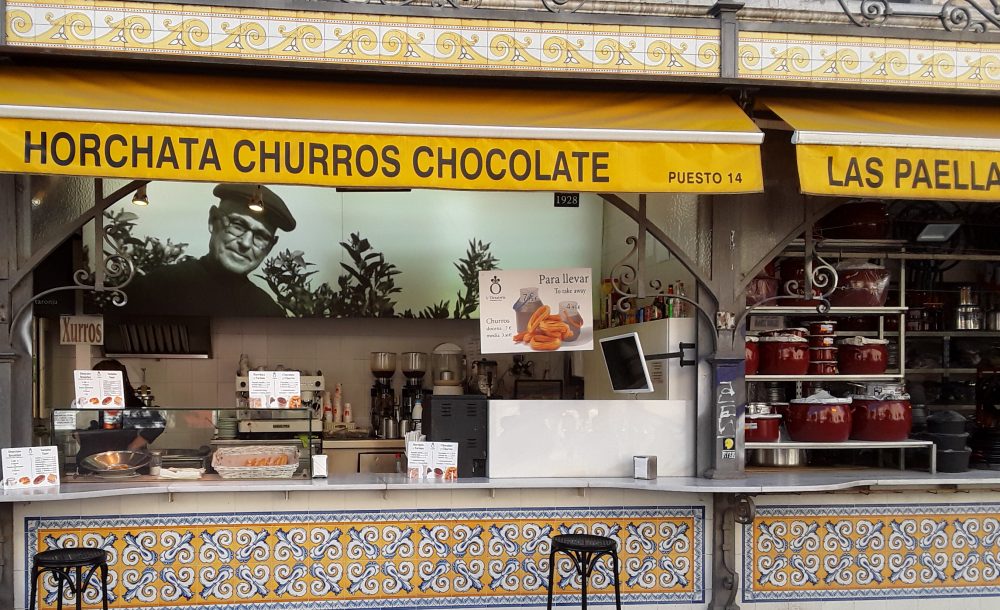I think what shocks the French more than the actual ingesting of horse is the defrauding of consumers through false and inaccurate labeling on frozen food boxes. I mean, they eat snails, frogs’ legs, brains, blood pudding and pigs trotters. Why would eating horsemeat set them aquiver?
When I first came to France to study French at Paul Valery University in the sunwashed city of Montpellier, I ate horsemeat. Unwittingly, of course. It was served to me one night in the guise of a hamburger. At the end of the meal the hostess asked me how I liked the meat. I said that it was good, but it had an odd sweetish flavour. Everyone at the table laughed and I was told that I had just eaten horsemeat. I was not amused.
And that’s what this current food fraud scandal is all about: we’ve been unwittingly eating it, thinking it was certified beef. When you go to the supermarket to buy a box of frozen lasagna or spaghetti bolognese and it’s written clearly on the box “100% French beef“, that’s what you expect to be eating. You might imagine contented cattle loafing in a sun-dappled Limousin valley and grazing on grass. What a shock to discover that what you’re really eating is bits of carcass from a sorry old horse that was slaughtered in an abattoir in Romania!!
That’s it, I’m becoming a full-fledged vegetarian.
A survey was conducted to determine the five biggest horsemeat-consuming countries: they are China, Mexico, Russia, Italy, and Kazakhstan. Italy! I was in Bologna over Christmas a few years ago. I wonder if those numerous plates of spaghetti Bolognese I scarfed down was full of horse? The British newspaper, The Daily Mail, reported that every year 100,000 live horses are transported into and around the European Union for human consumption, mainly to Italy but also to France and Belgium. From where do these live horses come?
And before my fellow Canadians get too smug in thinking that this happens in other countries, here’s a shocker: it appears that horse-eating countries of the world covet Canadian horseflesh. Oh, yes. One Canadian horse is worth $20,000. Every week approximately one hundred are loaded onto a plane at Calgary International Airport and flown to Japan to be slaughtered, sliced thin and served in Japanese restaurants. It’s a delicacy called basashi and it’s eaten raw.
In spite of the seriousness of the scandal that gripped France and Great Britain a few years ago, newspapers came up with some humourous headlines:
European horsemeat scandal gallops on. Horsemeat scandal set to spur tougher food tests. Restaurateurs respond to horsemeat neighsayers. Not sure I’d want to be saddled with horsemeat as a mane meal. Quit horsing around!
I just thought of this now: It behooves us to reflect on the matter.

horsemeat butcher shop in Paris
